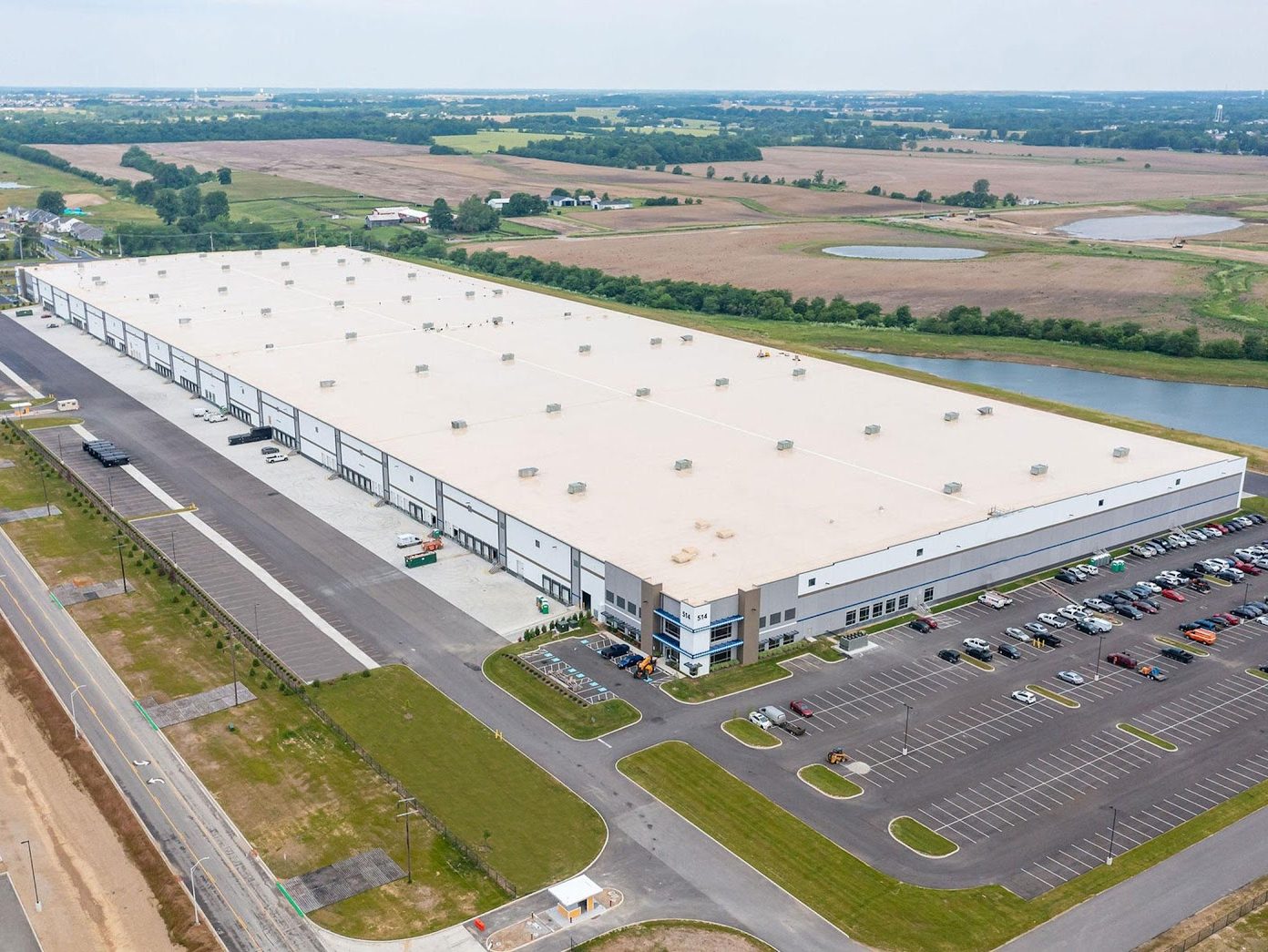A Guide to Commercial Real Estate Crowdfunding
Charles Clinton delves into the risks and benefits of this new source of capital that is drawing in more and more institutional real estate companies, as well as targeted individual investors.
By Alexandra Pacurar
Real estate crowdfunding is increasingly attracting investors with its strong yields, potential for outsized returns and reduced volatility, among other potential advantages. This fairly new form of online investing offers a great deal of opportunity, but it also comes with some risks. Charles Clinton, co-founder & CEO of investing platform EQUITYMULTIPLE, delves into the mechanism behind commercial real estate crowdfunding and underlines the most important factors an investor must consider for long-term success.
What opportunities does real estate crowdfunding offer investors?
Clinton: Private commercial real estate investing has numerous benefits as a portion of an investor’s overall portfolio. Despite its advantages, individuals are substantially under-allocated into real estate compared to institutional investors, primarily because real estate has lagged behind other asset classes in terms of transparency and accessibility. By moving real estate syndication online, real estate crowdfunding has begun to change that old paradigm. Individual investors can now invest in private market real estate transactions at low minimums (our investment minimum at is typically $10,000 per offering) and start allocating a portion of their portfolio into real estate without taking on the burdens of direct ownership.
Investors have full transparency into what properties they’re investing in and the low minimums help facilitate diversification. The best platforms also pre-screen the real estate companies and investments that they present, easing the selection burden on investors.
What are the benefits of crowdfunding investment compared to traditional instruments?
Clinton: Strong yield—after years of near-zero interest rates, investors have been forced to look for yield in new places. Less volatility—these investments are illiquid and non-traded, as opposed to public stocks, traded REITs or cryptocurrencies (a topic on everyone’s mind). While illiquidity has its drawback, it also reduces market correlation, making direct real estate investing less subject to market swings and, in aggregate, exhibit less volatility.
Potential for outsized returns—because private real estate markets are inefficient, there is potential for market-beating returns by investing in markets and submarkets that are underserved by traditional sources of capital, and in properties with untapped potential. Downside protection is also an advantage. Real estate—as an irreplaceable resource with tangible value—is also less vulnerable to recessions. The economy will expand and contract cyclically, but a growing number of humans will always need places to live and work.
Then we have tax advantages. Real estate investing platforms allow individual investors to share in the same unique tax advantages as institutional real estate investors—namely write-offs for depreciation, and a new 20 percent deduction for investments made through an LLC, courtesy of the recently-signed tax bill.
What can you tell us about the risks of real estate crowdfunding for investors?
Clinton: First, all investments carry risk, which is important for investors to remember. The risk/return profiles of investments offered through real estate crowdfunding platforms vary quite a bit. For example, we offer shorter-term senior debt and preferred equity investments, which are more secure, offer a flat rate of return and are more appropriate for risk-averse or less experienced investors. We also offer higher-upside, higher-risk equity investments, as a number of other platforms do. It’s important that investors take time to understand the specific risk factors for each offering they consider. Even more so, it’s important that platforms make those risk factors apparent and practice transparency in their presentation of the investment thesis and attendant risks.
Platforms should also practice conservative return modeling, stringent underwriting of both the real estate company running the deal and the deal itself, and a quality-over-quantity approach. Lastly, many platforms only offer investments to “accredited investors.” This helps ensure that the individuals who invest are adequately experienced and have the requisite capital for adding a new asset class to their portfolio.
Crowdfunding hasn’t been around for a long time, but it’s becoming more and more popular. What do investors need to look at before putting their money into such platforms?
Clinton: Investors should consider the people and practices behind any platform they consider investing with. If the management team doesn’t possess significant real estate experience, if the details of investments—and their attendant risk factors—aren’t presented in a forthright, transparent way, if return projections seem too good to be true, if they are unable or unwilling to answer questions. All these things should raise red flags.
It’s still relatively early in the game for the real estate crowdfunding industry. Though results so far have been good for many platforms, keep in mind that we’ve been riding a bull market for the entirety of the young industry’s lifetime. In the long run, winning high marks from investors will be less about hitting home runs 100 percent of the time and more about reasonable expectations, sound diligence measures, transparency and great customer service.
What are your expectations regarding real estate crowdfunding in 2018?
Clinton: The concept is gaining more legitimacy, both among individual investors who fund the deals and the real estate companies looking to tap into a new source of capital. We see this in the growing demand on our platform and investment volumes on other leading platforms, and understand this anecdotally from our customers who were skeptical of the new investment class at first but have grown more comfortable with the new investing paradigm. From that standpoint, I would expect the industry to post triple-digit, year-over-year growth again in capital invested.
On the other hand, macroeconomic factors are a looming challenge. The longer the market remains strong, the more platforms will be tempted to loosen credit standards to find yield. We will eventually, of course, see a market correction (depending on who you ask, we’re well overdue).
In sum, the future is bright for the industry. The U.S. economy and real estate market remains healthy overall, individual investors remain under-allocated in real estate, and real estate crowdfunding continues to win esteem among individual investors seeking yield and greater portfolio diversification. We’re also increasingly seeing institutional real estate companies turn to crowdfunding as a means of financing their projects. These are all great signs. Big picture, we’re seeing the creation of a new type of real estate financial product. In that light, the billions of dollars that will flow through the industry this year are only a drop in the bucket.
Image courtesy of EQUITYMULTIPLE









You must be logged in to post a comment.